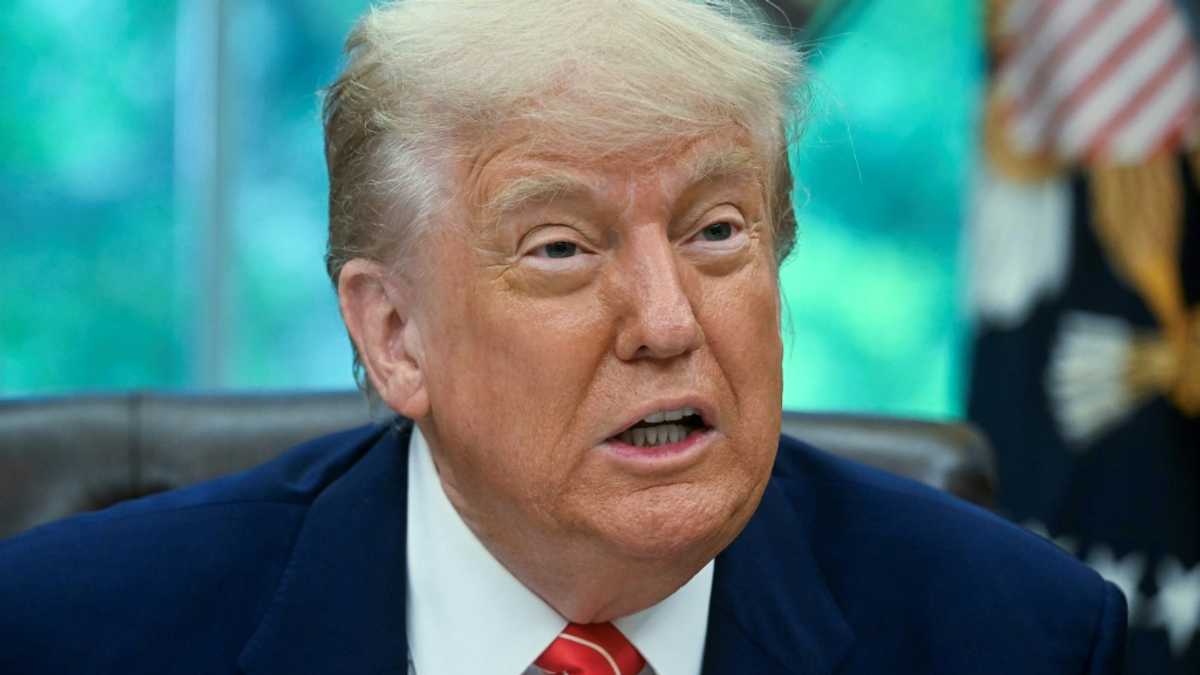How incoming US tariffs may impact India's pharma companies;10 things to know
Indian pharmaceutical industry is preparing for possible headwinds with the possibility of former US President Donald Trump soon announcing retaliatory tariffs on imports of pharma products. Since the US market is one of the important markets for export, any additional tariff would heavily dent earnings. Let's have a look at how this step will impact Indian pharma companies:
Donald Trump has reportedly been mulling imposing 25 per cent tariffs on pharmaceutical imports. This will hurt Indian pharma exporters, who export Rs 76,000 crore of medicines to the US every year.
Pharmaceuticals constitute 11 per cent of India's overall exports to the US, and hence it is one of the most affected industries if fresh tariffs are imposed.
India currently imposes a 10 per cent tax on US pharmaceutical imports. This may escalate tensions between the two countries further.
According to Citi, some of the top Indian pharma firms derive a significant portion of their revenues from the US:
HSBC estimates that a 10% tariff could reduce earnings per share (EPS) for Indian pharma companies:
Citi analysts believe that Indian pharma firms may pass on the tariff burden to consumers. However, if companies absorb the cost, EBITDA margins could take a 9-12% hit.
Nomura estimates that while the likelihood of an immediate tariff hike is low, a worst-case scenario could see levies go up to 35%.
To counter tariffs, Indian companies may explore manufacturing in the US. However, setting up a plant in the US is a long and expensive process, requiring:
With high US dependency, any tariff hike could trigger volatility in pharma stocks. Investors will closely watch Trump’s policy stance and how companies respond to potential cost increases.
Though no official announcement has been made, companies and investors are preparing for various options. In case of tariffs, Indian pharma players will be forced to rethink their pricing strategies or seek other markets.
Indian pharma firms are at crossroads since US tariffs may change market scenarios. Cost burden whether passed or absorbed by companies, the industry is bracing for more regulatory as well as financial strain. Investors and stakeholders must remain alert as things evolve.










